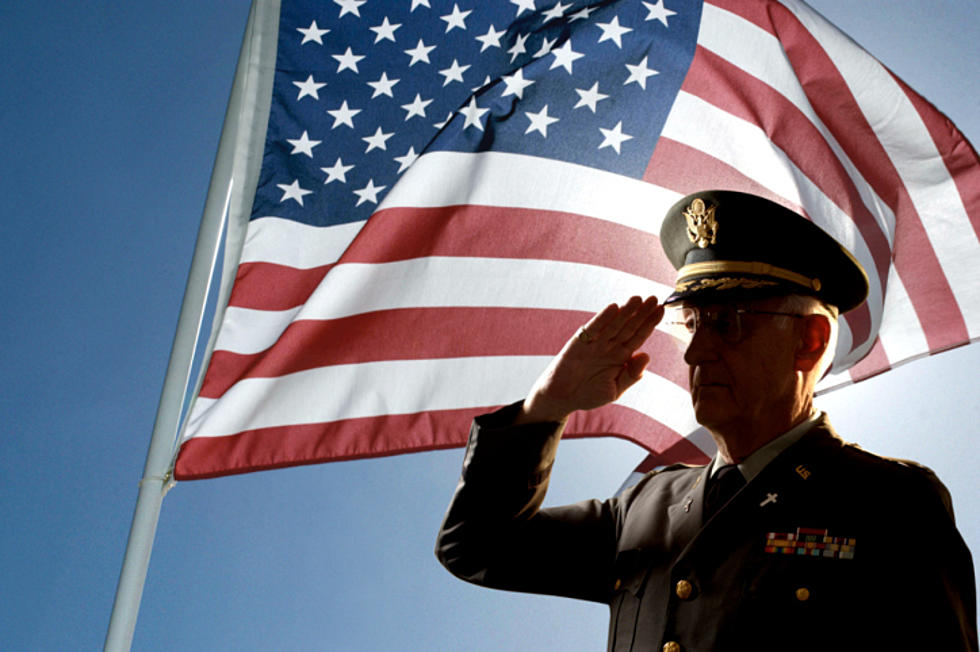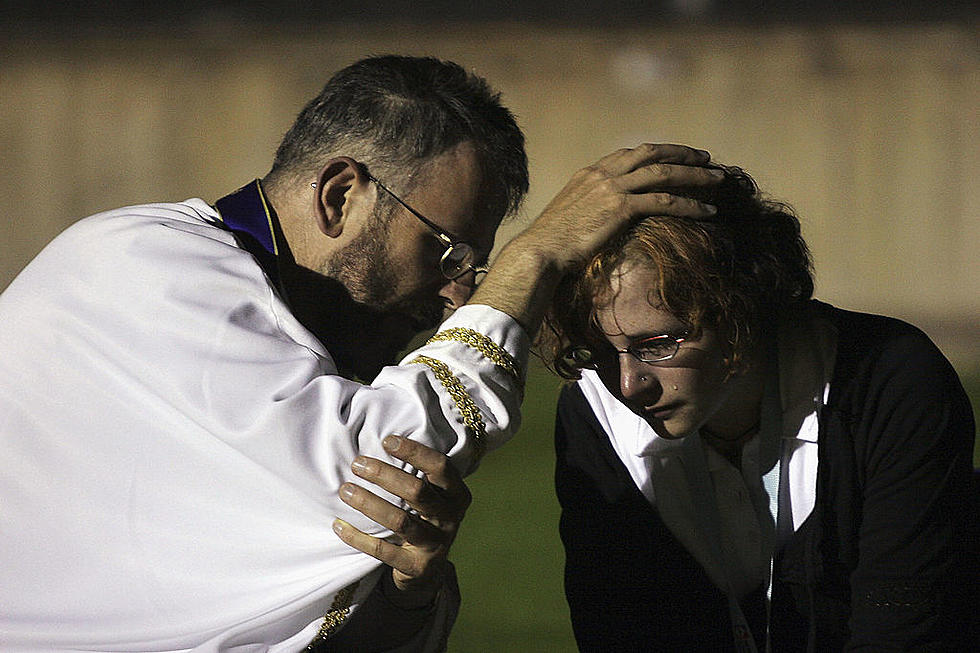
Celebrate 230 Years Of the Inalienable Rights Of All People
Bring the cake, gets some candles...lots and lots of candles. It's time to celebrate the 230th birthday of the Bill of Rights! December 15, 1791, marks the ratification of our Bill of Rights, the first 10 Amendments to our Constitution. That's a big deal. It's our Constitution and the acknowledgment of our God-given rights that sets us apart from all other nations.
The Roots Of Freedom
The Patriot Post provides a bit of the history behind the history making event.
"The Bill of Rights was inspired by three remarkable documents: John Locke’s 1689 thesis, “Two Treatises of Government,” regarding the protection of property” (in the Latin context, proprius, or one’s own “life, liberty and estate”); in part from the Virginia Declaration of Rights authored by George Mason in 1776 as part of that state’s Constitution; and, of course, in part from our Declaration of Independence authored by Thomas Jefferson."
Not Without A Fight
It is interesting to note that founding fathers had a legitimate squabble over the Bill of Rights and whether or not they should be added as amendments. Why? Because some of the founders felt that since these rights are "innate and unalienable Rights of Man", listing them as amendments to the Constitution, would maee them seem as though they were granted by the government and not ordained by God.
The Patriot Post defines the ultimate intent as 1.) making clear the rights of all men and 2.) sending a clear "hands off" warning to the government.
"Tthe Bill of Rights as a whole is both an affirmation of innate “unalienable rights” of man, and a clear proscription upon any central government infringement of those rights. As oft trampled and abused as the Bill of Rights is by those who’ve sworn an oath “to Support and Defend” our Constitution, most notably “judicial supremacists,” or the “despotic branch” as Jefferson called the judiciary, Patriots must remain ever vigilant in order to sustain our rights."
The Bill of Rights That Sets us Apart
Amendment 1
- Freedom of Religion, Speech, and the Press
Congress shall make no law respecting an establishment of religion or prohibiting the free exercise thereof, or abridging the freedom of speech or of the press, or the right of the people peaceably to assemble and to petition the government for a redress of grievances.
Amendment 2
- The Right to Bear Arms
A well-regulated Militia being necessary to the security of a free State, the right of the people to keep and bear Arms shall not be infringed.
Amendment 3
- The Housing of Soldiers
No soldier shall, in time of peace, be quartered in any house without the consent of the owner, nor in time of war but in a manner to be prescribed by law.
Amendment 4
- Protection from Unreasonable Searches and Seizures
The right of the people to be secure in their persons, houses, papers, and effects against unreasonable searches and seizures shall not be violated, and no warrants shall issue but upon probable cause, supported by oath or affirmation, and particularly describing the place to be searched and the persons or things to be seized.
Amendment 5
- Protection of Rights to Life, Liberty, and Property
No person shall be held to answer for a capital or otherwise infamous crime unless on a presentment or indictment of a grand jury, except in cases arising in the land or naval forces, or in the militia, when in actual service in time of war or public danger; nor shall any person be subject for the same offense to be twice put in jeopardy of life or limb; nor shall be compelled in any criminal case to be a witness against himself, nor be deprived of life, liberty, or property without due process of law; nor shall private property be taken for public use without just compensation.
Amendment 6
- Rights of Accused Persons in Criminal Cases
In all criminal prosecutions, the accused shall enjoy the right to a speedy and public trial by an impartial jury of the state and district wherein the crime shall have been committed, which district shall have been previously ascertained by law, and to be informed of the nature and cause of the accusation; to be confronted with the witnesses against him; to have compulsory process for obtaining witnesses in his favor; and to have the assistance of counsel for his defense.
Amendment 7
- Rights in Civil Cases
In suits at common law, where the value in controversy shall exceed twenty dollars, the right of trial by jury shall be preserved, and no fact tried by a jury shall be otherwise reexamined in any court of the United States than according to the rules of the common law.
Amendment 8
- Excessive Bail, Fines, and Punishments Forbidden
Excessive bail shall not be required, nor excessive fines imposed, nor cruel and unusual punishments inflicted.
Amendment 9
- Other Rights Kept by the People
The enumeration in the Constitution of certain rights shall not be construed to deny or disparage others retained by the people.
Amendment 10
- Undelegated Powers Kept by the States and the People
The powers not delegated to the United States by the Constitution, nor prohibited by it to the states, are reserved to the states respectively, or to the people.
LOOK: Milestones in women's history from the year you were born
More From News Talk KIT









